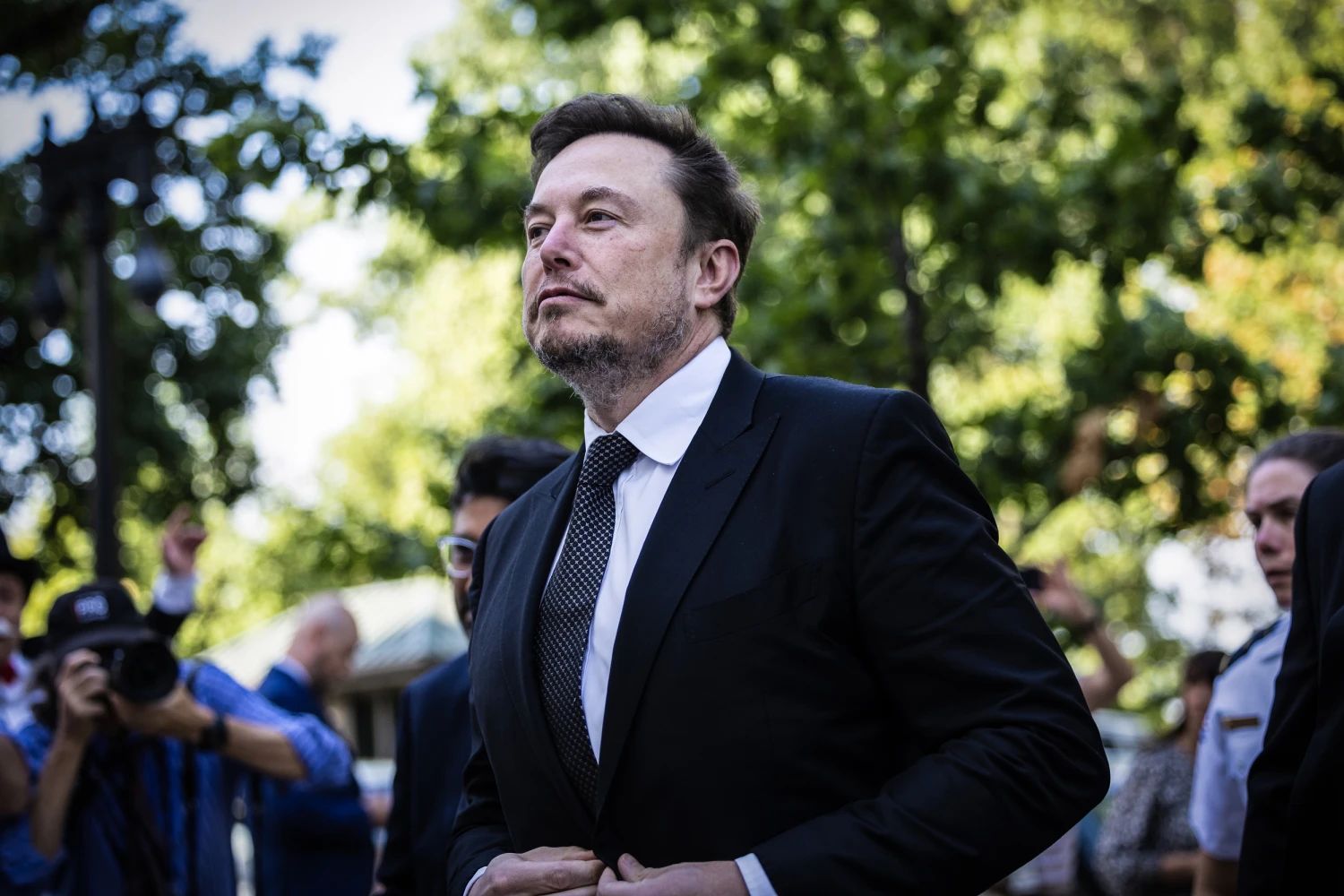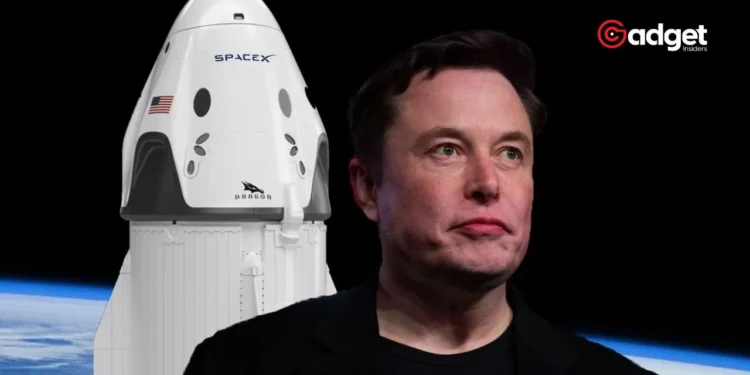In a recent social media update, Elon Musk, CEO of Tesla and SpaceX, voiced concerns about Boeing’s management structure, particularly criticizing the aerospace giant for having “too many non-technical managers.” This comment surfaced just hours before Boeing’s anticipated Starliner spacecraft launch, spotlighting ongoing management issues within the company as it tries to navigate both the complexities of space travel and internal corporate dynamics.

The Technical vs. Non-Technical Management Debate
Musk’s critique highlights a broader debate within the tech and engineering sectors about the impact of having non-technical managers at the helm of highly technical projects. He argues that technical managers, with their direct expertise and hands-on experience, are crucial for overseeing complex technical projects. This perspective aligns with Musk’s previous assertions that managers, especially in technical fields like software engineering, must possess the skills they oversee, famously comparing it to “a cavalry captain who can’t ride a horse.”
In contrast, non-technical managers often focus on broader strategic planning and decision-making, potentially without a deep understanding of the technical intricacies. This management style, according to Musk, might contribute to inefficiencies and setbacks, as evidenced by the aerospace giant’s challenges with the Starliner spacecraft, which has experienced years of delays and a staggering budget overrun of over a billion dollars.

SpaceX vs. Boeing: A Race to the Stars
The timing of Musk’s comments is particularly noteworthy, coming just as Boeing was preparing for a critical launch of its Starliner spacecraft. This event is part of NASA’s Commercial Crew Program, which also includes SpaceX as a key player. Despite receiving less funding from NASA—$2.6 billion compared to Boeing’s $4.2 billion—SpaceX has notably outperformed Boeing by launching its Crew Dragon capsule successfully in May 2020, a full four years ahead of its industry counterpart.
This achievement not only underscores SpaceX’s efficiency and innovative approach but also raises questions about the allocation and management of resources within Boeing. Musk’s pointed critique comes amid his own company’s challenges, including a series of layoffs at Tesla aimed at reducing redundancy and focusing on core competencies, which he describes as being “absolutely hardcore about headcount.”
Voyons voir aujourd'hui un peu la définition de "L'hopital qui se fout de la charité"
Ah oui, Elon Musk qui critique Boeing sur la sécurité.
On lui reparle de ses mensonges sur la conduite autonome de ses bécanes ou du parc naturel qu'il a saccagé avec son suppositoire ? pic.twitter.com/pWaJV9mNw2— Jean Charles 🟡 (@JuanCarlito40) January 12, 2024
Industry Impact and Future Outlook
As the aerospace industry continues to evolve, the debate over the role of technical versus non-technical management is likely to intensify, particularly as companies like Boeing and SpaceX compete in the high-stakes arena of space exploration. For Boeing, the feedback from a leading industry figure like Musk might prompt a reassessment of its management approaches, especially as it seeks to regain its footing in the race to space.
Meanwhile, SpaceX’s quicker pace in achieving its milestones—despite having a smaller budget—demonstrates a different approach to management and project execution that could serve as a model for other companies in the sector.

As both companies advance, the aerospace industry will watch closely to see how this dynamic unfolds and whether Boeing will take steps to address the critiques raised by Musk. The effectiveness of their management styles, whether technical or non-technical, will undoubtedly play a critical role in their future successes and failures in the final frontier.










